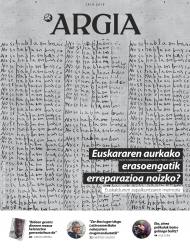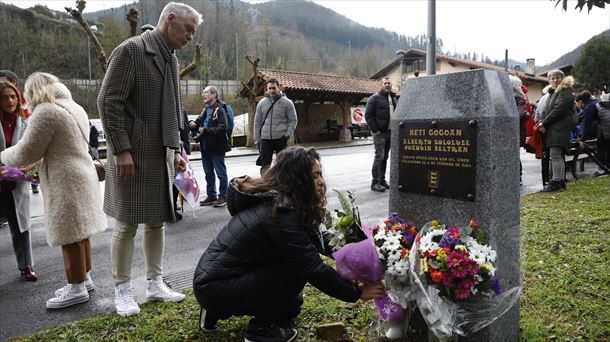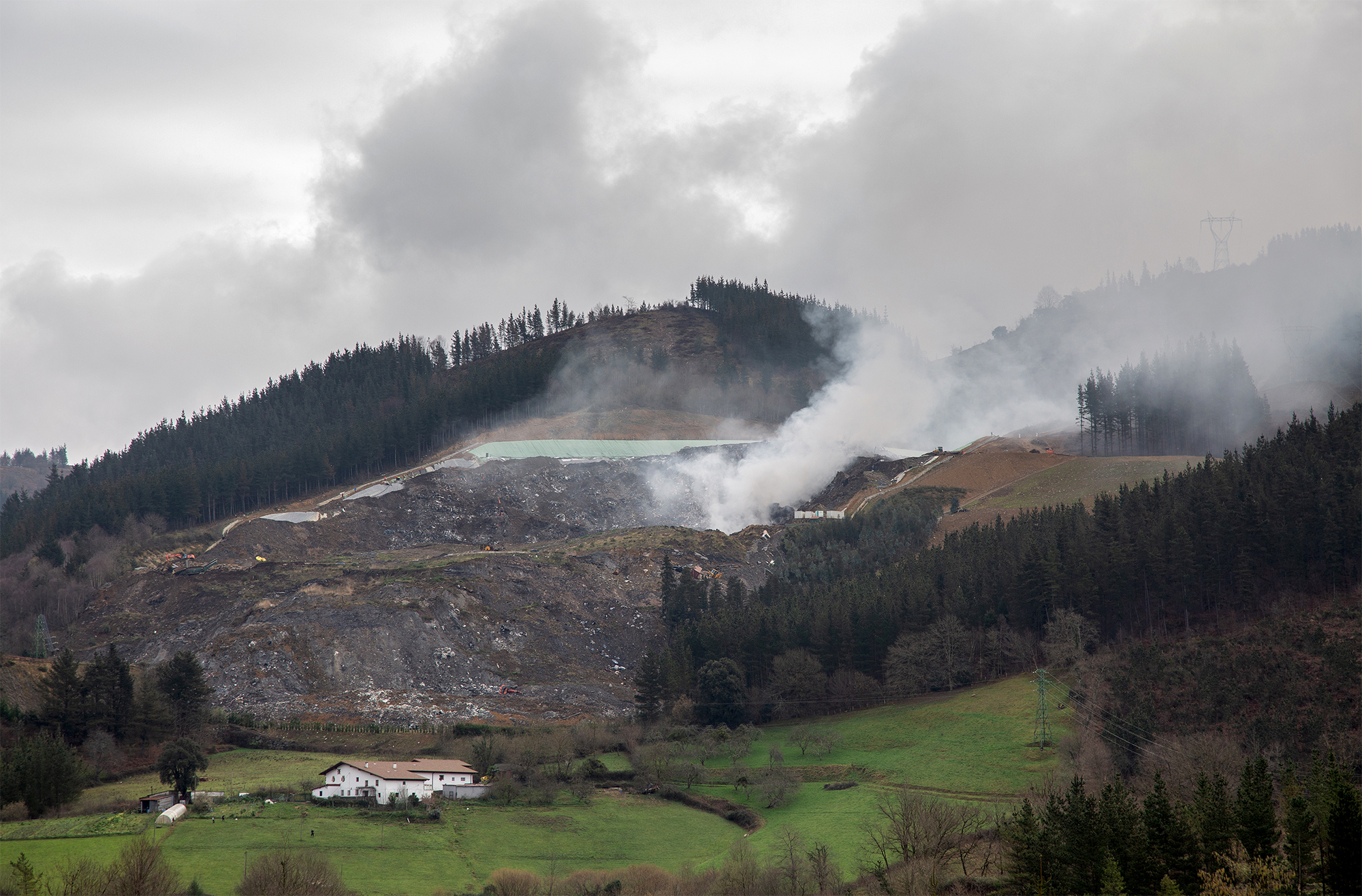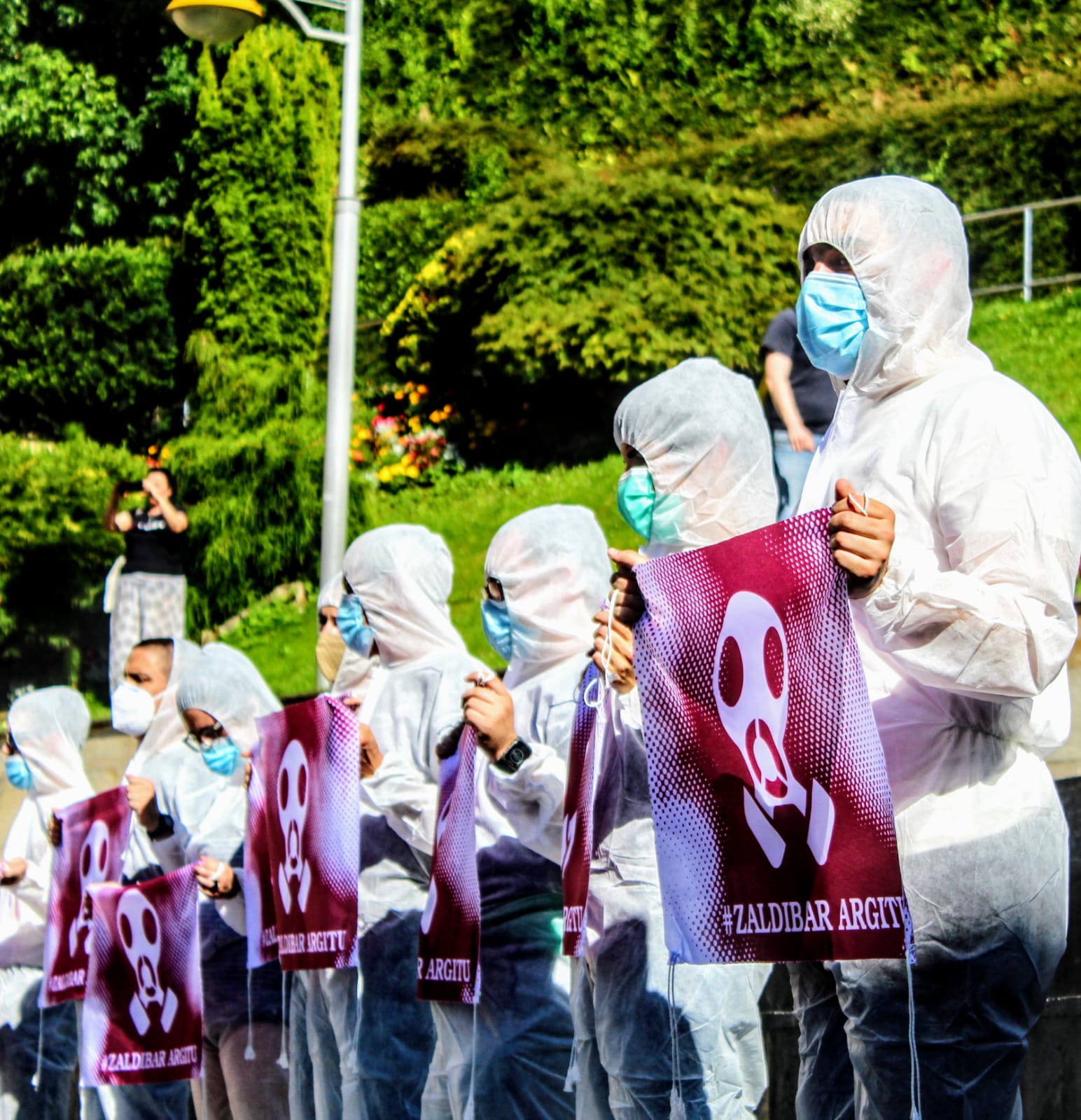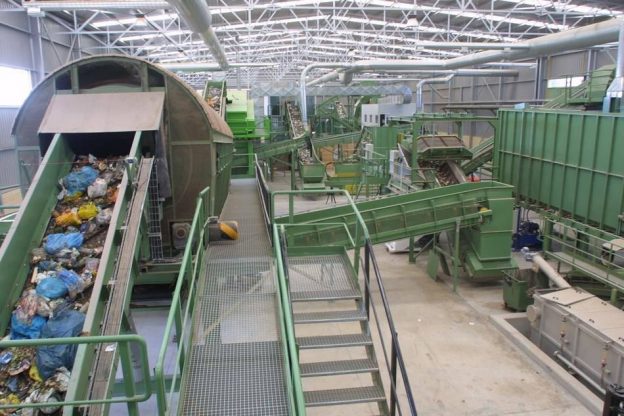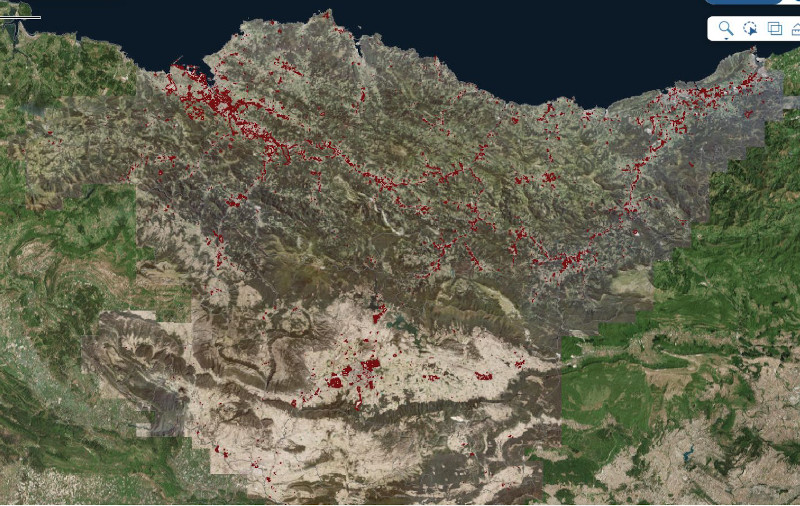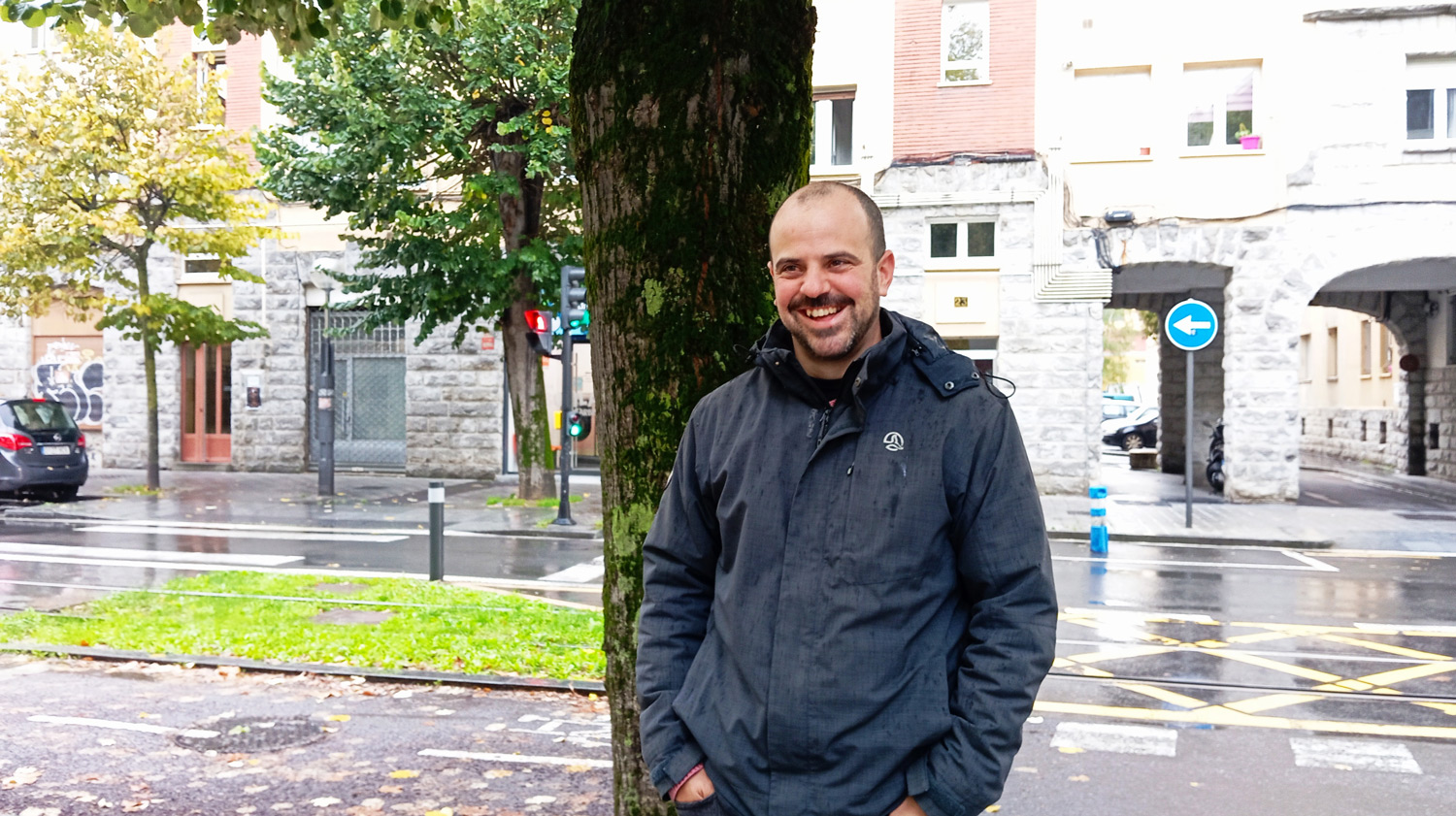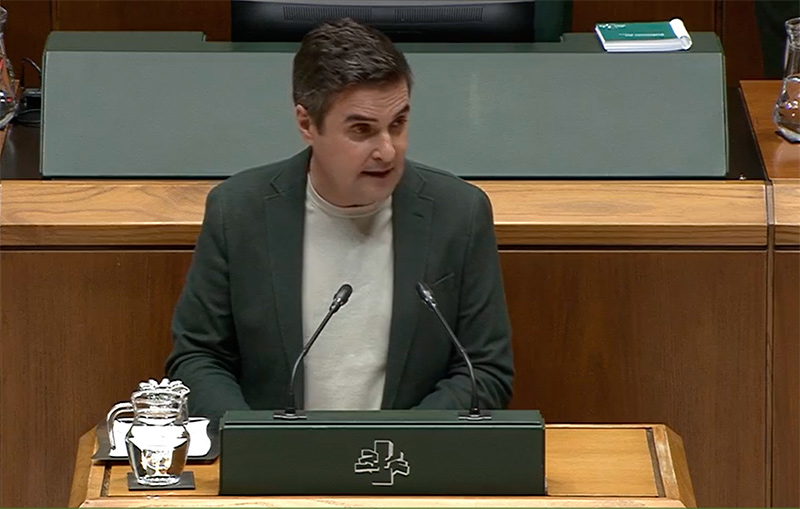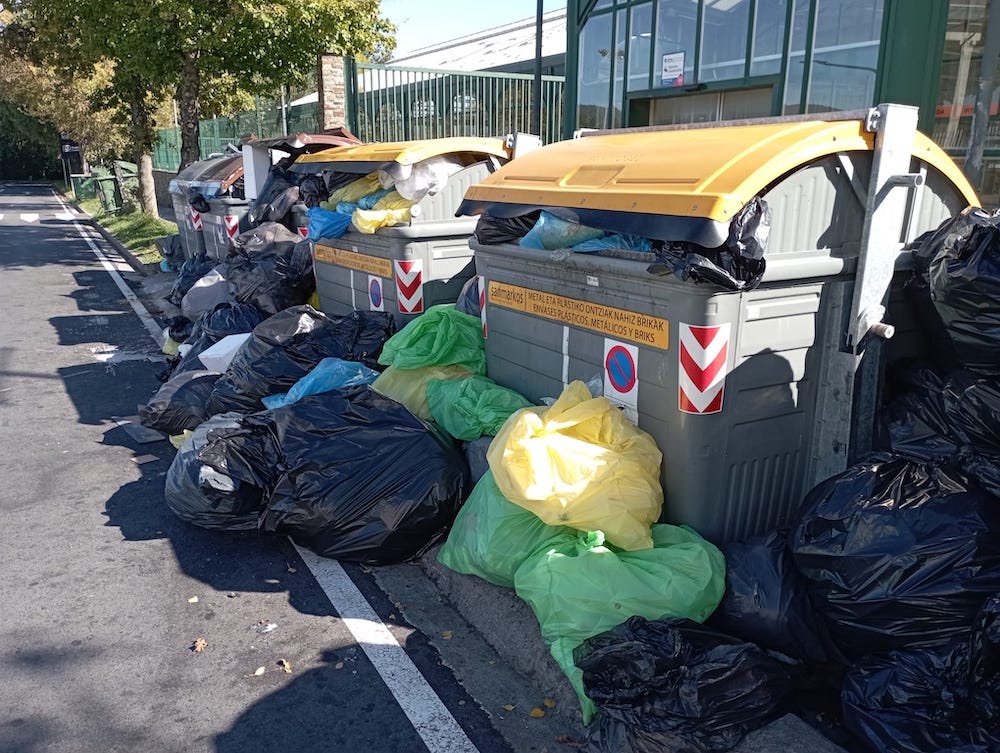Malaysia is enraged: "Spaniards, picked up the waste and brought them back home."
- When China closed its ports in 2018 to imports of plastics abroad, the recycling industry around the world plunged into chaos. The transport of garbage to other countries in Far Asia multiplied and also provoked reactions. Malaysia has returned non-recyclable plastics to Spain. From the Philippines, Rodrigo Dutert has threatened Canada or the waste that you have brought or are going to take them to your shores and sink them.
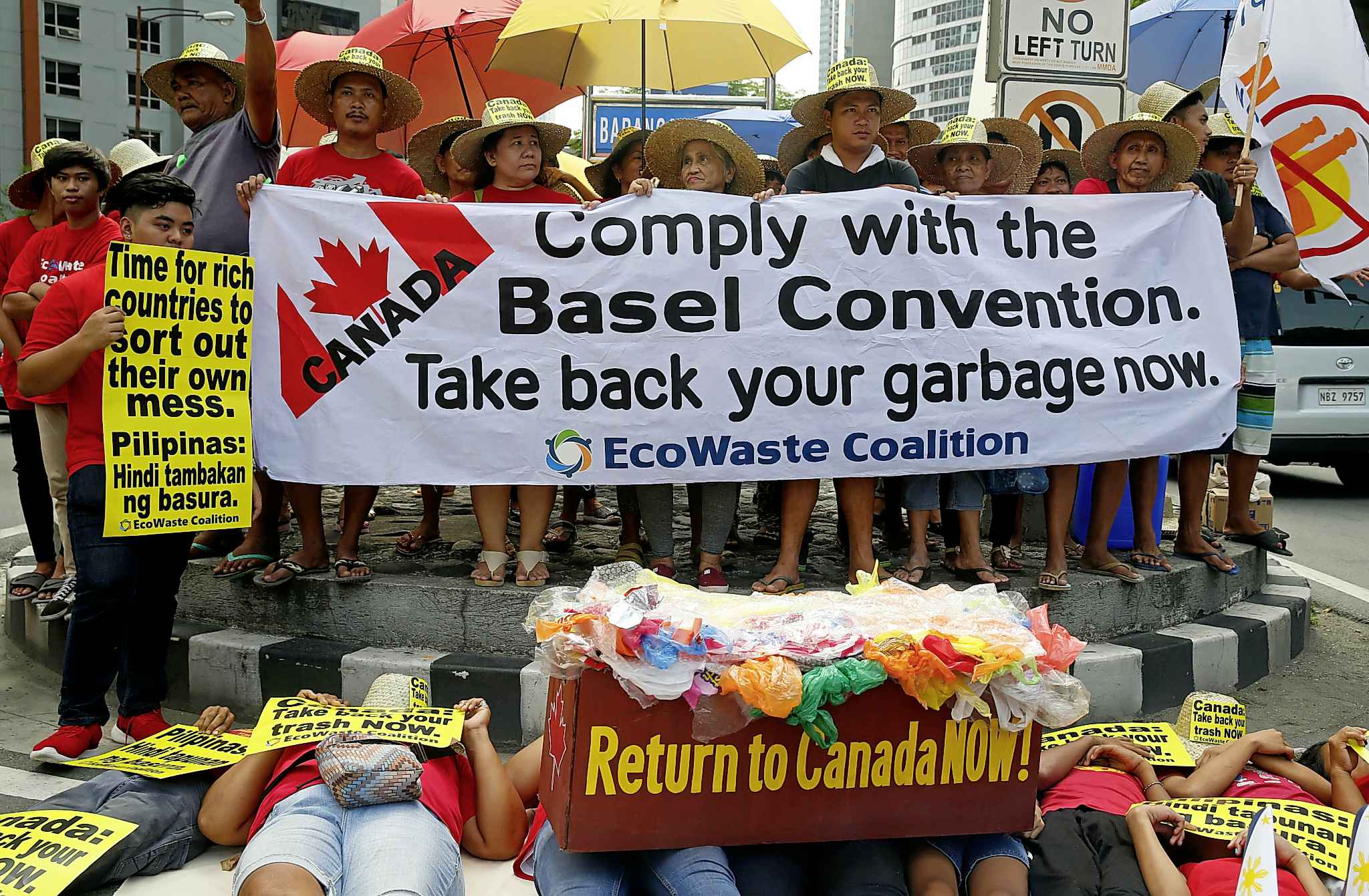
The Malaysian Environment Minister Yeo Bee Yin warned in May: “Developed countries are responsible for the issues they send us.” Not only did it refer to the United States or Australia, but the Malaysians had sent five containers of rubbish to Europe by an alleged Spanish recycling company, which did not mention any name, considering them legally prohibited substances. I mean smuggling, declaring that they carry one thing – recyclable plastics – and leaving another very different thing – unrecyclable plastic rubbish.
The Guardian correspondent, Hannah Ellis-Peters, explained that “in recent times it has been the ports of the Philippines, Indonesia and Vietnam that have spread in Malaysia toxic plastic landfills shipped from the US and Europe to fill them with unwanted containers in the rich West.”
It seems that the recipients have become tired, and reverse travel news has now spread, that the countries of South-East Asia have begun to return trash to their owners. Thailand, Malaysia and Vietnam have already resolved new laws in this regard.
In May, the Philippine President, Rodrigo Duterte, threatened Canada to cut diplomatic relations if the Otawa Government did not agree to return home with 1,500 tons of waste transported on board 69 containers and that the Canadians had moved to the Philippines between 2013 and 2014. Not only that, but if Canada didn't rush to do this, the Filipinos themselves would take these garbage off to the coast of Canada and submerge them there. “The Philippines is an independent sovereign nation and no other nation will use it as garbage.”
The source of concern was summed up last March by ARGIA as follows: “Beijing says to the West: ‘You can drown in your dirty plastics.’ For the years of 2018, China banned the import of 24 types of waste. Since the next day, waste warehouses, in theory teeming with Europe and North America, are recyclable and neither the authorities nor companies are right to do what in the short term, especially with plastic waste, as China absorbed half of the world’s waste exports.
After China closed access to its ports, the big multinationals operating in public procurement in the West began to madly search for a site for their garbage, with waste management in exchange for public money. They went to other countries in South-East Asia, crossing garbage cans for their proximity to Hong Kong and their status as a tax haven.
To understand the size of the rubbish flood, Malaysia, according to Greenpeace, has gone from collecting 168,000 tons of garbage throughout 2016 to collecting 456,000 in the first six months of 2018, most coming from Germany, Spain, France, Australia and the United States.
“There are many who think,” Ellis-Petersen wrote, “that there is no other way of forcing Western countries to deal with their problems, but of putting countries on the path of development.”
Anger at waste pickers
In order to operate in litter smuggling on the pretext of recycling, companies are cheating on the provisions of the 1989 Basel Treaty. In that treaty, the UN banned the shipment of hazardous waste to poor countries, but on many occasions it is exported by declaring it “recyclable articles”.
It is precisely at the congress held in Geneva in May that some new developments have been introduced to the Basel Treaty with the approval of the leaders of the 180 countries: they have created a section on dangerous plastics. If until now the plastics were in a single section, from now on they will be plastic or non-dangerous, dangerous or special.
The news that has spread during these weeks has shown the tip of a giant iceberg that the industry hides, with the complicity of the authorities and many university students. The thing is, in the world, only 9 percent of the total plastic produced by the industry is recycled, and many others end up in remote countries for accumulating in landfills or for not burning laws or controls, emitting very poisonous fumes.
Although many environmental issues are trending TOPIC in the West, protest movements in poor countries most affected by industry and mass consumption reach little to the United States or Europe.
This same year there were also protests in Indonesia, when it was discovered that 60 containers of toxic waste had accumulated in the port of Batam for over five months. Yuyun Ismawati, member of Bali Fokus/Springfield3, declares: “This has to end. With great hypocrisy, the richest countries become famous to the world showing that they have good waste management, while we are poisoned and also accused of pollutants. Untruths! Come clean your dirty and start generating so much garbage.”
In April GAIA, the coalition Against Incineration and For Alternatives, explained in an extensive dossier how the issue looks from the South: “Discarded. Communities on the frontlines of the global plastic crisis“. Societies working in the face of the global plastic crisis).
Members of movements fighting against environmentalism or injustice are of all kinds in the need to defend their lives. In addition to the written or street protests, which are able to use new technologies and social networks, finding and photographing illegal landfills or recycling weeds through drones, mapping on Google, etc. Perhaps that echo has forced governments to show that they are doing something.
On the other hand, the clashes have multiplied between those who take money from afar and those who suffer pollution damage, who in a few years have seen their quality of life worsening. The conflict has also caused fatalities.
A farmer from Thailand, sick of the burning of foreign waste in the GAIA dossier, had the following message for the people of the West: “You are proud. You will not throw the savages out of your country. It's your garbage and you know it's toxic. Why do they have to stack them up in Thailand?”
The City Hall of Donostia-San Sebastián announced at last Thursday’s plenary session that it will increase the waste rate by 26.5% from January 2025, claiming that Waste Law 7/2022 obliges this. Eguzki, for its part, has denounced that the law only applies in terms of costs,... [+]
August is the holiday month for many people, including those who rule. And yet it is common to take advantage of the month of August to deal with some issues without much noise, albeit of great importance.
This is what is happening with the project to centralize sludge... [+]









